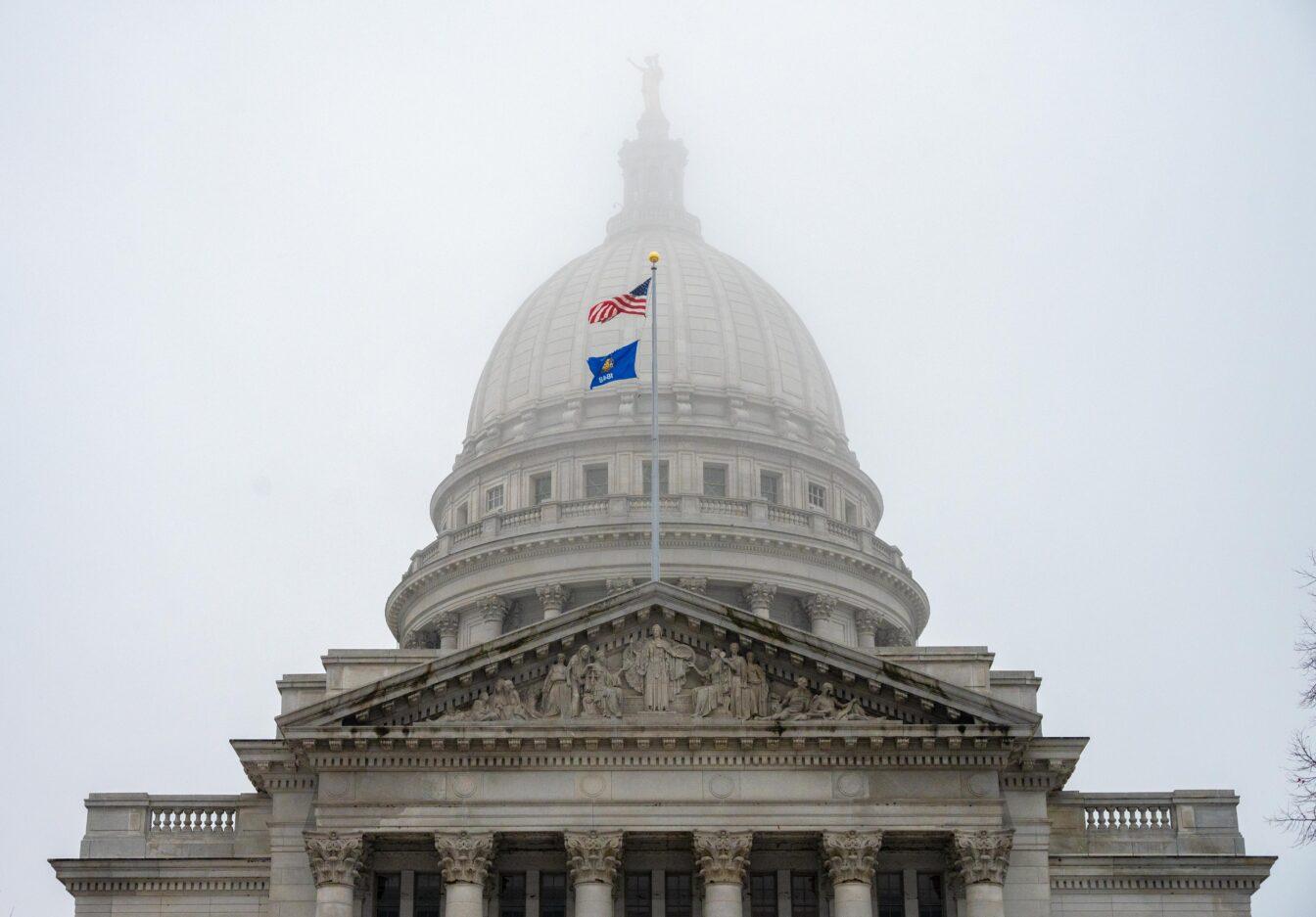Republican leaders in the Wisconsin State Assembly unveiled a medical marijuana legalization bill at a Jan. 8 press conference.
The Assembly proposal is the first of its kind to receive the support of Speaker Robin Vos (R-Rochester), who has blocked previous efforts at marijuana reform, according to the Milwaukee Journal Sentinel.
Officially introduced Thursday Feb. 1, the bill would legalize cannabis for patients suffering from chronic illnesses such as cancer, epilepsy and multiple sclerosis, according to a legislative summary.
In an interview with WISN, Vos said Wisconsin’s medical marijuana program would be one of the most restrictive in the country, with sales limited to five dispensaries across the state, all operated by the Department of Health Services.
Rep. Shae Sortwell (R-Two Rivers), who has led previous marijuana decriminalization initiatives, said the bill is the result of a compromise with Republicans in the Assembly opposed to the greater concept of legalization.
“That bill is not exactly how I would write it,” Sortwell said. “Nevertheless, I did co-sponsor it, because I’ll take whatever reform I can get.”
Though Sortwell said the proposal has the necessary votes to pass in the Assembly, he isn’t sure if it has enough support in the Senate to make it to Gov. Tony Ever’s desk, describing the plan to have dispensaries operated by the state as unappealing to other legislators.
At a Jan. 11 WisPolitics event, Wisconsin Senate Majority Leader Devin LeMahieu (R-Oostburg) likened the idea of state-run dispensaries to a DMV for medical marijuana, calling the proposition of growing the size of government a “non-starter” in his caucus.
Sen. Melissa Agard (D-Madison), an outspoken proponent of marijuana legalization, said the proposed bill is not the first step on the way to wider reforms, but a move by Republicans to gain credibility in an election year.
“The bill put forth by Robin Vos and other members of the Republican caucus of the Assembly is completely out of touch with what folks in Wisconsin are asking for,” Agard said. “Frankly, this bill is going nowhere. It is smoke and mirrors on the part of Robin Vos to even introduce it. If he was honest about passing some sort of medicinal policy in Wisconsin, he would have gone about it in a very different way.”
Evers, who has included the legalization of medical and recreational marijuana in his 2023-25 budget, said in an interview with the Associated Press that he would back a medical-only bill if it avoids excessive restrictions.
In the interview with WISN, Vos said the intention behind proposing this bill within his caucus was not to overhaul the state’s marijuana policy. Instead, it aimed to establish a restricted program catered to severely ill patients. Vos also voiced concerns that Democrats might leverage the initiative to advocate for complete legalization.
According to Agard, the views of Vos and his caucus do not align with the majority of Wisconsin residents.
“More than two-thirds of folks in Wisconsin, adults over the age of 21, would like us to legalize and tax cannabis in the same way that we treat alcohol in our state.” Agard said, referring to a 2022 Marquette University poll in which 69% of respondents answered in favor of legalizing recreational marijuana.
Wisconsin remains an outlier in both the region and nation regarding cannabis policy. A majority of states have comprehensive medical marijuana programs, according to CBS News.
In recent years, neighboring Illinois, Michigan and Minnesota have enacted legislation legalizing cannabis for recreational use, according to WTMJ.
The majority of Wisconsin residents live within a 75-minute drive of a recreational dispensary in another state, according to a 2023 Wisconsin Policy Forum report, which came ahead of Minnesota enacting its own legalization bill.
Less than an hour south of Madison, several dispensaries line the I-90 corridor just across the border with Illinois, according to PBS Wisconsin. Marijuana sales to out-of-state customers in the counties bordering Wisconsin brought Illinois an estimated $36.1 million in tax revenue in 2022 alone, according to a 2023 legislative report.
More than half of Americans now live in a jurisdiction where marijuana is legal, according to Axios. Among the states which have abandoned marijuana prohibition are Illinois, California, New York, New Jersey and Minnesota — states home to the majority of non-resident students at the University of Wisconsin, according to 2023 enrollment data.
Cannabis reform is an issue that has widespread support among Wisconsin residents, but isn’t moving forward because of a lack of cooperation from Republicans in the Legislature, Agard said.
In Wisconsin, the greatest obstacle to legalizing medical marijuana is the concern from some members of the Republican caucus over whether the policy will lead to full legalization, Sortwell said, adding that if those concerns could be assuaged the majority of Republicans in the legislature would be supportive.
“If we could just get over ourselves a little bit and work through the kinks here, I think overall the majority of both houses in the legislature agree on some form of a medical program,” Sortwell said. “And we’re kind of getting in our own way on it.”


